The ecosystem is the model that many Vietnamese enterprises are aiming for today. By gathering enterprises to create a closed value chain, from production to output, the ecosystem helps enterprises easily control the quality and standards of products and services, in accordance with market changes, while saving costs, human resources, and improving business efficiency.
Business ecosystem in Vietnam - a solid foundation for the nation's rise
The ecosystem is the model that many Vietnamese enterprises are aiming for today. By gathering enterprises to create a closed value chain, from production to output, the ecosystem helps enterprises easily control the quality and standards of products and services, in accordance with market changes, while saving costs, human resources, and improving business efficiency.
Outstanding business ecosystems in Vietnam
By leveraging each other's strengths, the ecosystem model not only optimizes business efficiency but also brings many practical values to customers and the community.
These ecosystems not only benefit the participants but also drive economic growth. Experts say this is a necessary development trend in the era of digital economy and global integration.
Military Bank (MB) - Viettel group: Cooperation between finance and telecommunications
On December 25, 2008, Viettel officially became a strategic shareholder of MB with a 10% ownership ratio. Viettel's partnership with MB began here. This cooperation is a typical example of the combination of finance and telecommunications. Vietnam's leading telecommunications group provides modern technology infrastructure while MB plays a central role in providing financial services.
This ecosystem not only provides traditional financial products such as loans and deposits but also expands to digital financial services. In particular, the Viettel Money application integrates many features from money transfer to bill payment, closely combining with MB products to bring a seamless experience to customers.
In addition, sharing data and leveraging Viettel's large customer base has helped MB increase its chances of reaching new customers, especially in rural and remote areas. This is an important factor helping MB achieve its current customer base of 30 million.
PAN group: Agricultural and food ecosystem
PAN Group is one of the leading enterprises in the agricultural and food industry today. Operating according to the ecosystem model, Vietnam Seed Group, Vietnam Disinfection JSC, Bibica JSC, Long An Export Processing JSC, Sao Ta Food JSC, Ben Tre Seafood Import-Export JSC... - long-standing and familiar names in the industry are all members of PAN Group.
With an ecosystem of 11 member companies, 46 factories across the country, and links with millions of farmers, PAN Group has helped customers experience food from farm to table conveniently, meeting quality standards at a reasonable cost.
Unlike other "big guys" who may have difficulty spreading their investments, causing the value of invested companies to not meet expectations, most businesses in PAN Group's ecosystem have grown quite stably and sustainably, contributing positively to the group's business results.
Accordingly, PAN's revenue from just over VND 600 billion in 2013 exceeded VND 1,100 billion in 2014 and almost continuously grew to over VND 13,000 billion in 2022-2023 (an increase of more than 21 times). Along with that, the company's after-tax profit also increased 38 times from VND 21 billion in 2013 to a record VND 817 billion in 2023.
Doji - TPBank: Jewelry combined with finance
The ecosystem between Doji Gold and Gems Group and TPBank is another example of the connection between businesses and banks. In 2012, Doji participated in the successful restructuring of TPBank, becoming a strategic shareholder of this bank.
Doji, as one of the largest gold and silver trading groups in Vietnam, has provided a potential customer base for TPBank.
TPBank leverages the partnership to develop specialized financial products, such as jewelry loan packages and gold custody services. This partnership not only creates new products and services, but also helps TPBank improve customer experience and optimize operational processes.
 |
Techcombank - Masan: Typical "Case Study" between finance and consumer industry
Techcombank and Masan Group have created a unique ecosystem, connecting banking and finance with the consumer sector. Masan, with its WinMart retail system and essential consumer products, provides a large customer base for Techcombank.
This ecosystem offers innovative financial solutions such as consumer loans, cashback programs when shopping at WinMart, and fast payment services at Masan retail outlets. This combination not only enhances the consumer shopping experience but also helps Techcombank expand its market share in the retail banking sector.
HDBank benefits greatly from Sovico's ecosystem
The cooperation between HDBank and Sovico Group has created a multi-industry ecosystem, connecting finance with aviation, real estate, and renewable energy. Sovico, the group that owns Vietjet Air and many large real estate projects, has worked with HDBank to build financial products to serve the needs of many different customer groups.
A typical example is Vietjet's credit loan packages that help customers receive incentives when buying airline tickets or using travel services. In addition, HDBank also deploys financial products to serve corporate customers in the real estate and renewable energy sectors, leveraging the strength of Sovico's partner network.
The sustainable development strategy of both units is also clearly demonstrated through investing in green energy projects, while promoting green finance, meeting ESG (environmental, social, and governance) standards.
Techcombank – OneMount Group: Digital financial ecosystem
Besides Masan, Techcombank also cooperates with OneMount to build a comprehensive digital ecosystem. One Mount Group develops a digital ecosystem, starting from retail, distribution, real estate to financial services.
OneHousing digital platform, specializing in providing real estate-related solutions, from buying and selling to management. Techcombank has integrated financial products such as home loans and personal finance packages into the OneHousing platform. This helps customers easily access financial solutions right during the real estate transaction process, thereby enhancing the seamless and efficient experience.
This cooperation not only helps Techcombank strengthen its position in the digital banking sector but also contributes to the modernization of the real estate market in Vietnam.
According to analysts, building a sustainable ecosystem with large corporations in Vietnam such as Vingroup and Masan helps Techcombank expand its customer base while minimizing credit risks. When providing credit services to customers of these businesses, Techcombank can monitor their financial performance and ensure that they have the capacity to fully fulfill their debt repayment obligations.
On the other hand, banks can reach high-income customers, also known as the high-end customer segment (about 93% of Techcombank's retail loan portfolio comes from this customer segment). This ideal customer segment can help banks widely promote credit cards, increase insurance sales, etc.
“The application of the customer ecosystem model linked to the value chain for large enterprises is the main factor leading to Techcombank's positive business results in recent years,” Bao Viet Securities assessed.
Business ecosystem will be the driving force for economic growth in the new era
The ecosystem approach as a buffer strengthens the power of the units in the chain. There is a "mutual" relationship between the links in the ecosystem. In addition, the ecosystem provides a shared resource such as capital, customers and governance that partners can leverage or share with each other.
Looking at the development of the business ecosystem model, an expert in the financial sector said that many developed countries have applied this model for a long time. However, in Vietnam, this model has only been of interest in the past few years when the economy has developed faster and more deeply. Accordingly, the need for connection and symbiosis between businesses has also increased.
According to a McKinsey report, in Vietnam, more and more industries continue to converge into newer, broader, and more dynamic connections to form digital ecosystems - a set of interconnected services for customers to deliver an integrated experience. There are currently multiple ecosystems coexisting in areas such as retail, media, telecommunications, financial services, and transportation. Moreover, these ecosystems are expanding rapidly in Vietnam, with millions of users engaging across multiple platforms.
McKinsey also said that most ecosystems in Vietnam are still young, only about 1% (one percent) of the size of ecosystems in China (Vietnam is 50 billion USD compared to 4,900 billion USD in China), and the proportion of direct revenue through ecosystems in Vietnam is only about 0.16% (4 billion USD) compared to China (2,486 billion USD). Therefore, the development potential of open ecosystems in Vietnam is still very large.
At the recent FPT Techday 2024 event, Mr. Fumiaki Katsuki, Partner at McKinsey & Company, affirmed that smart ecosystems are no longer an abstract concept but have become an inevitable reality and will continue to accelerate. McKinsey estimates that the ecosystem market in Vietnam is currently worth 7.2 billion USD and will continue to grow by double digits in the coming years.
“The three core elements for a successful ecosystem are the breakdown of industry boundaries, deeper customer engagement, and data ownership,” said Fumiaki Katsuki.
Regarding the construction of the ecosystem, Mr. Fumiaki Katsuki emphasized the special role of the banking industry as a coordinating “conductor”. According to him, banks possess unique advantages, including the ability to manage cash flow, trusted brands, and high data security standards. Therefore, the McKinsey expert believes that banks are the natural connection point in every ecosystem because they own core products such as payments and credit - indispensable factors to promote the participation of stakeholders.
Source: https://baodautu.vn/he-sinh-thai-doanh-nghiep-tai-viet-nam---nen-tang-vung-chac-cho-ky-nguyen-vuon-minh-cua-dan-toc-d244580.html


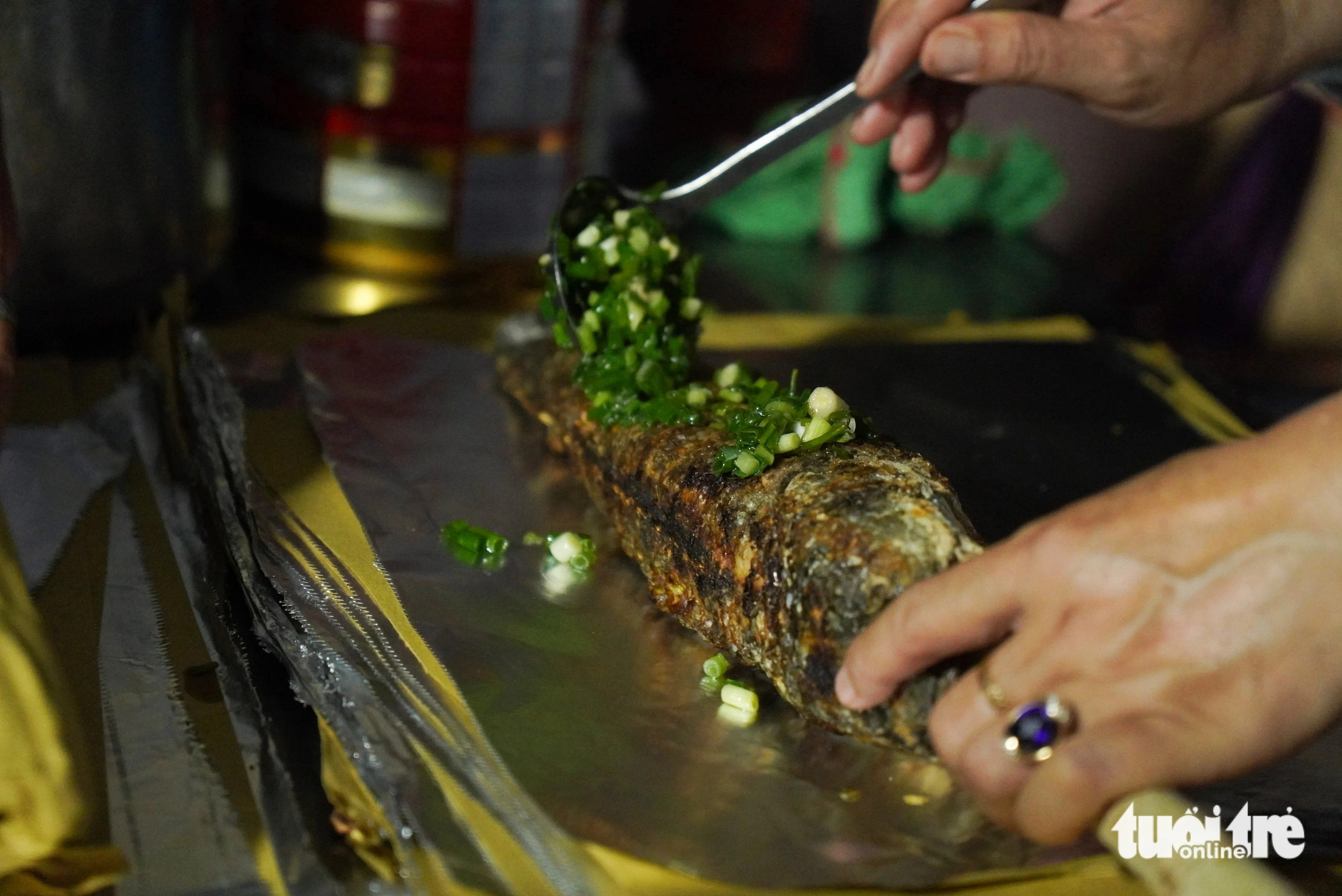



























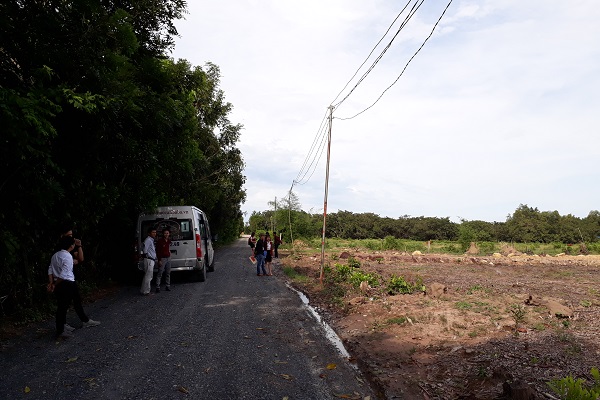
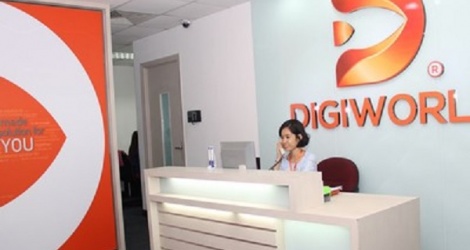
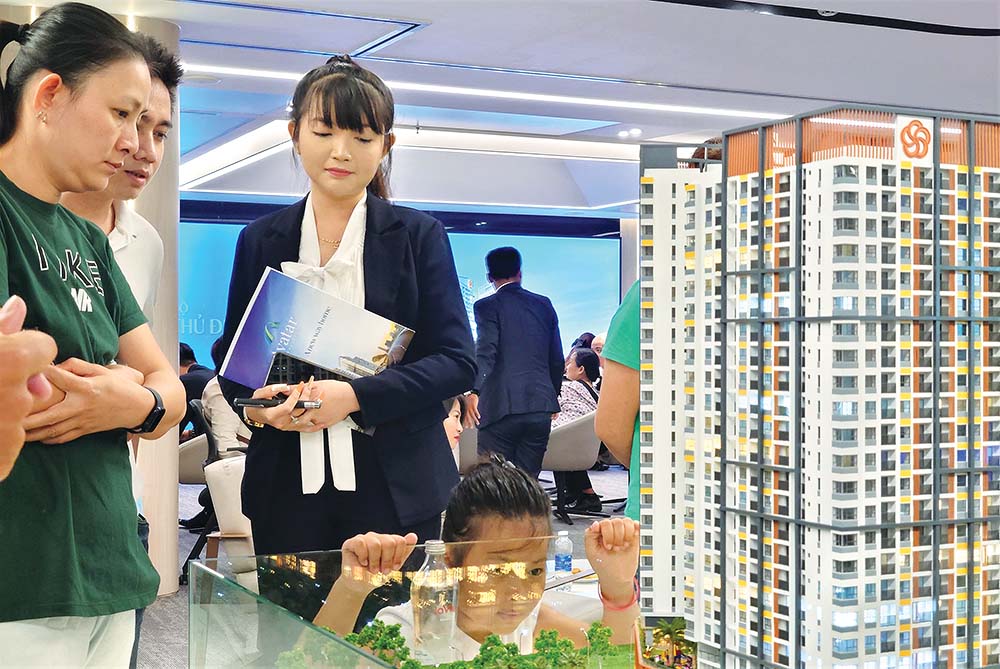
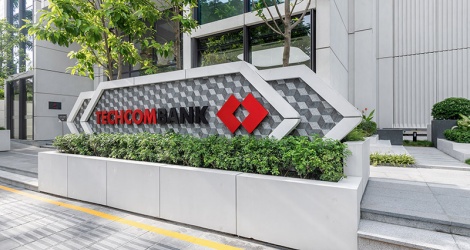
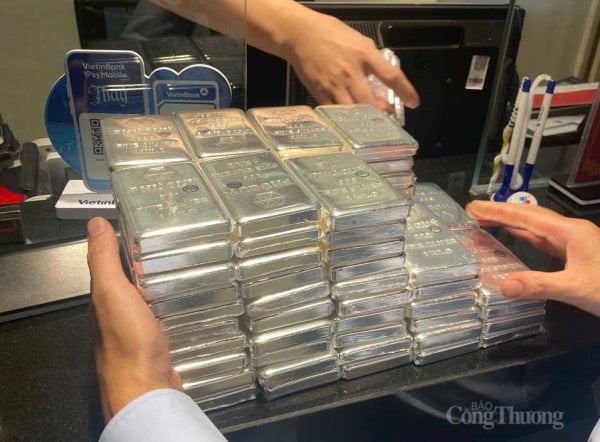

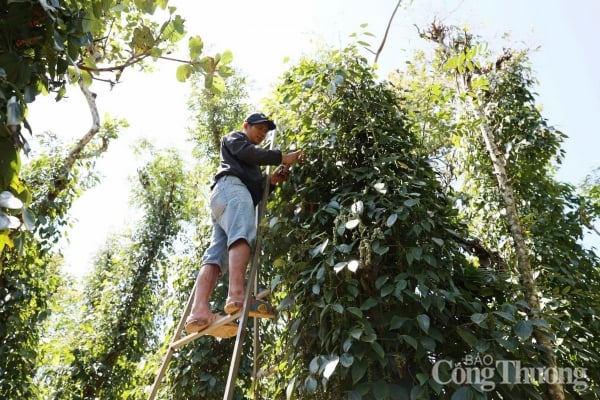
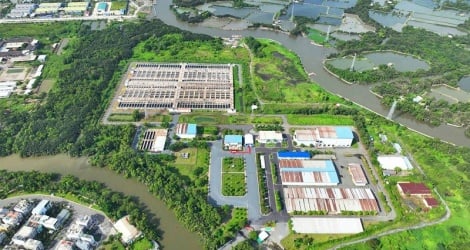
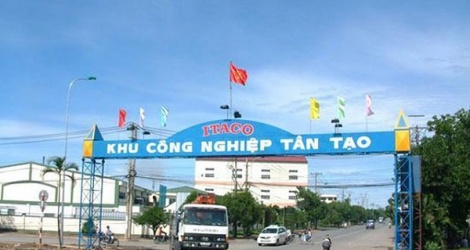
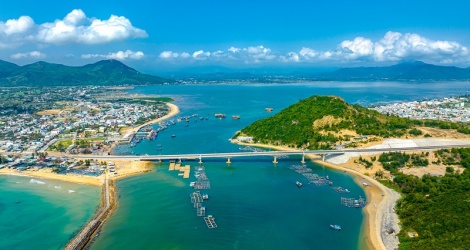



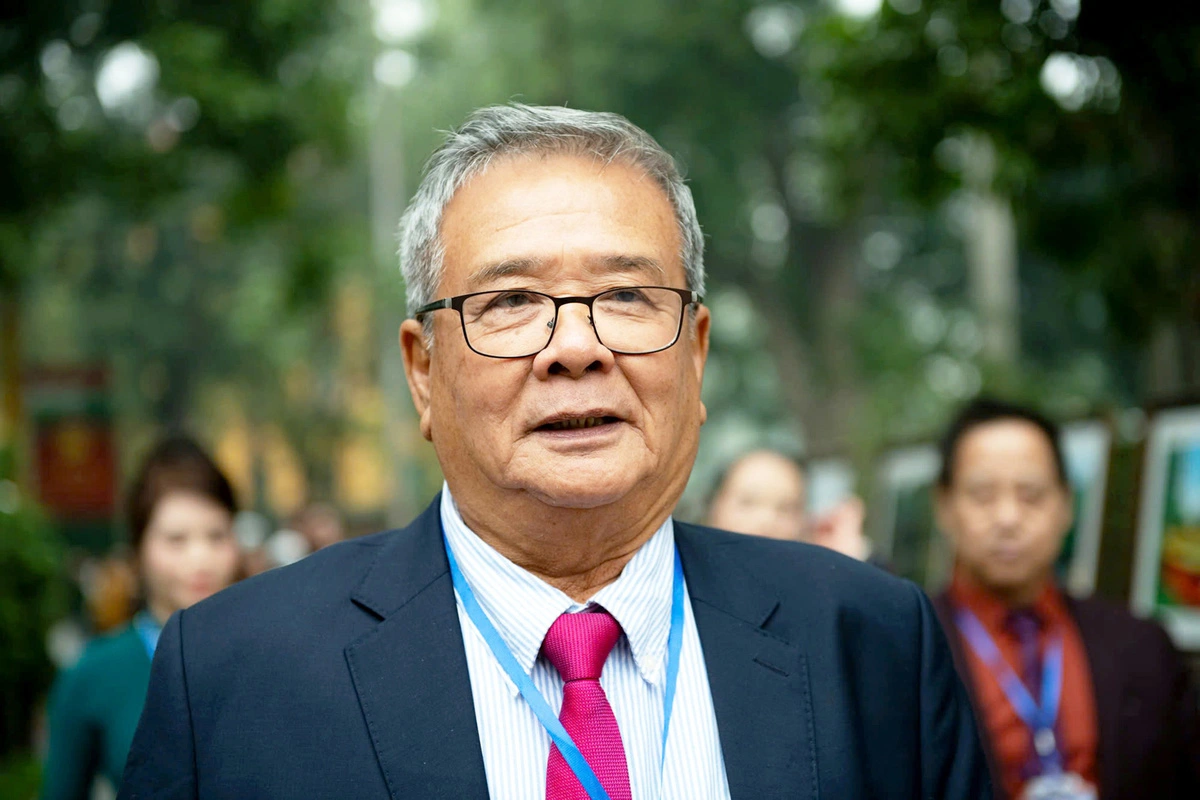





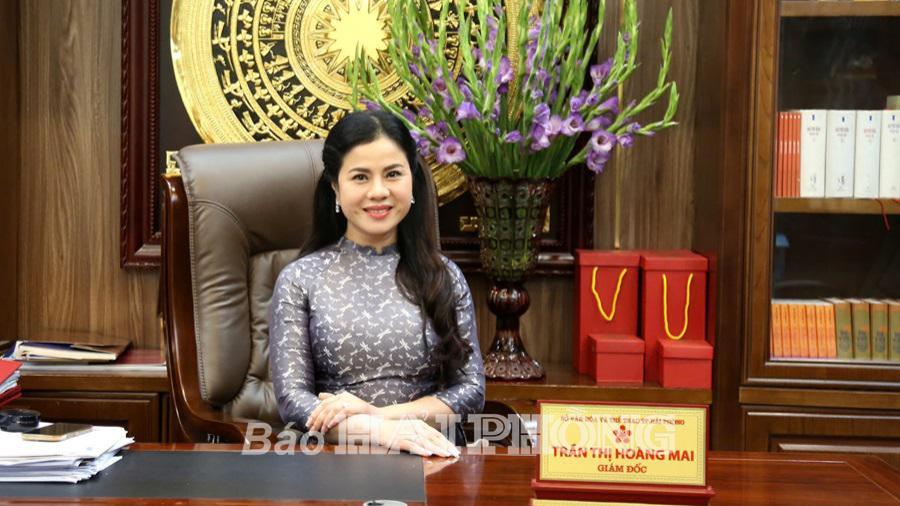

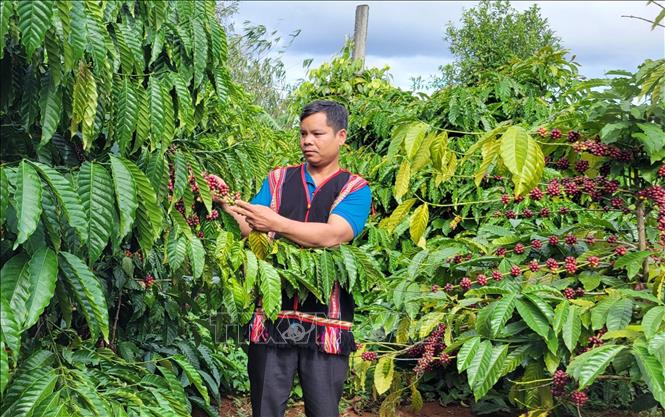





Comment (0)